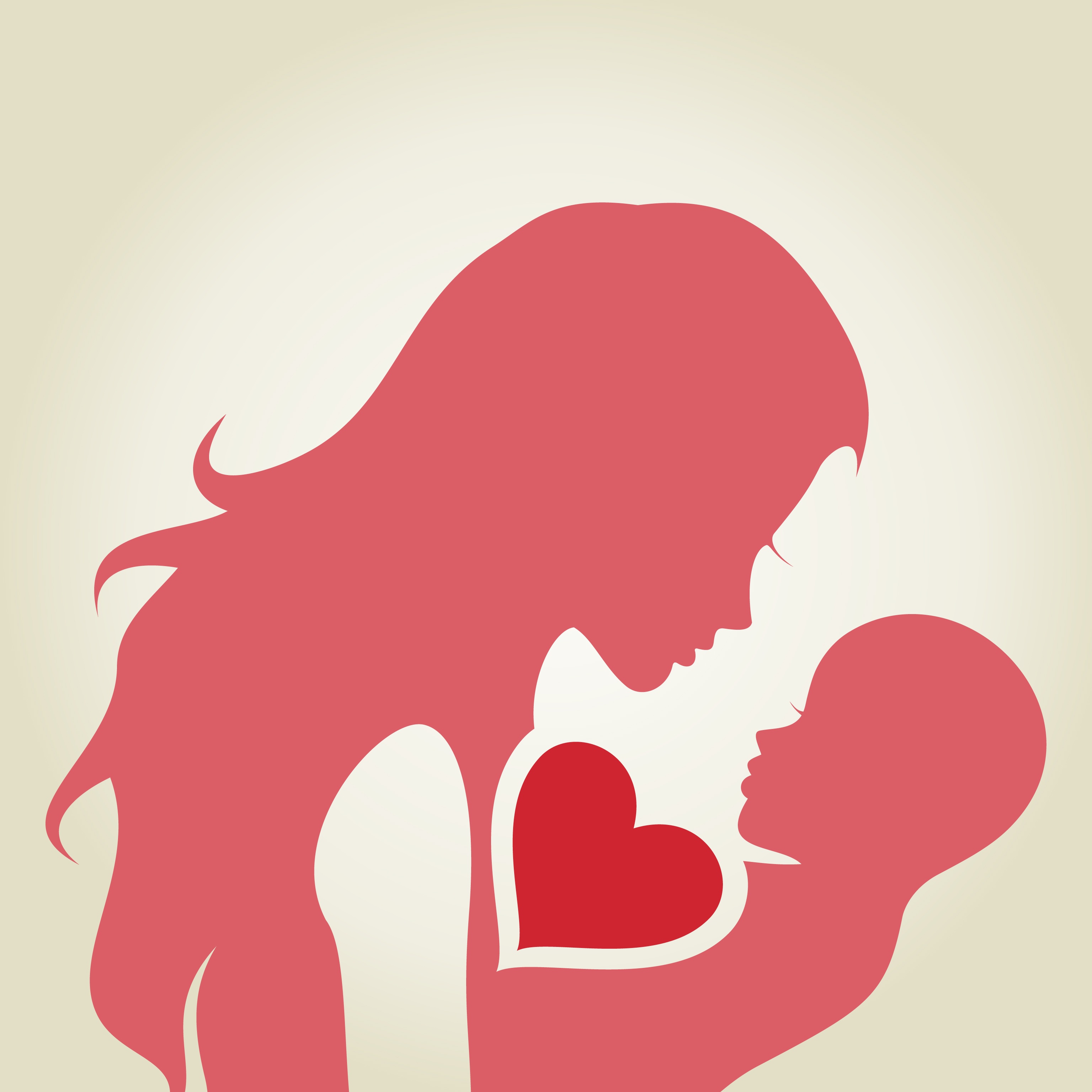The process of bonding with a new baby is natural for most mothers. Left alone, new mothers will hold their baby next to their bodies, rock them gently, strive for eye contact, sing or talk to the baby and begin to nurse. Often within just hours of birth, mothers report feelings of overwhelming love and attachment for their new baby.
A normal, full-term baby is also programmed to initiate and enter into a bonding relationship. Crying and making other noises, smiling, searching for the breast, and seeking eye contact give cues for a caring adult to respond.
When a caregiver consistently responds to an infant’s needs, a trusting relationship and lifelong attachment develops. This sets the stage for the growing child to enter healthy relationships with other people throughout life and to appropriately experience and express a full range of emotions.
An optimum opportunity
But what happens when things don’t work out so well? What if babies and their mothers are separated at birth, as when babies are premature or ill and need special care? Or babies who are placed for adoption and may not meet their adoptive mother for quite some time after birth? Sometimes a new mother feels depressed or incapacitated after delivery and doesn’t feel like interacting with her newborn.
Fortunately, humans are not completely dependent on those early moments and have many opportunities to bond appropriately throughout the first year of life. We know that mothers who adopt babies and even older children are able to form normal attachment relationships.
Still, the first few days of life are believed to offer an optimum opportunity for bonding to take place. Standard practice in hospitals allows mothers and babies as much time as possible together after birth. Even when babies are born ill or premature, the importance of bonding is recognized. Whenever possible, health care providers in intensive care units try to create opportunities for parents to spend time holding and caring for their babies.
Dads and siblings, too
Babies who are held and comforted when they need it during the first six months of life tend to be more secure and confident as toddlers and older children.
Is it important for fathers to bond with their babies? Absolutely. New fathers often feel less confident than new mothers around a baby, and may feel excluded in the close relationship that develops between the mother and baby. If a baby is breastfed, fathers may be uncertain about what activities they can engage in with the new baby.
Like mothers, fathers need quiet time to spend holding their new babies close, gazing into their eyes, talking to them and comforting them when distressed. Fathers may wish to take walks with their babies tucked into a Snugli-type carrier or simply hold a quiet baby while reading or watching TV.
Brothers and sisters also need time and opportunities to establish a relationship with a new baby. You might offer young children who are too unreliable to hold a baby safely to have brief, supervised periods playing next to a brother or sister in a large crib or playpen. Such times often elicit unique responses of excitement and joy from the baby and allow loving relationships to develop successfully.
The ‘spoiling’ myth
While bonding does not occur instantly for everyone, it should be well established within the first few months after you bring your baby home.
The importance of bonding with the primary caregiver cannot be overestimated. Failure to do so profoundly affects future development and the ability to form healthy relationships as an adult.
I urge parents to give themselves plenty of time with their baby and to follow their instincts. Respond to the baby’s cues, and offer love and comfort when distressed.
Contrary to the “wisdom” in past generations, responding quickly to crying with holding and nursing will not “spoil” a baby. Instead, babies who are held and comforted when they need it during the first six months of life tend to be more secure and confident as toddlers and older children.
Seek help if you feel that bonding is not progressing as it should. While bonding does not occur instantly for everyone, it should be well established within the first few months after you bring your baby home. For any problem with your baby, ask your physician for help if you feel there is something wrong.


Recent Comments